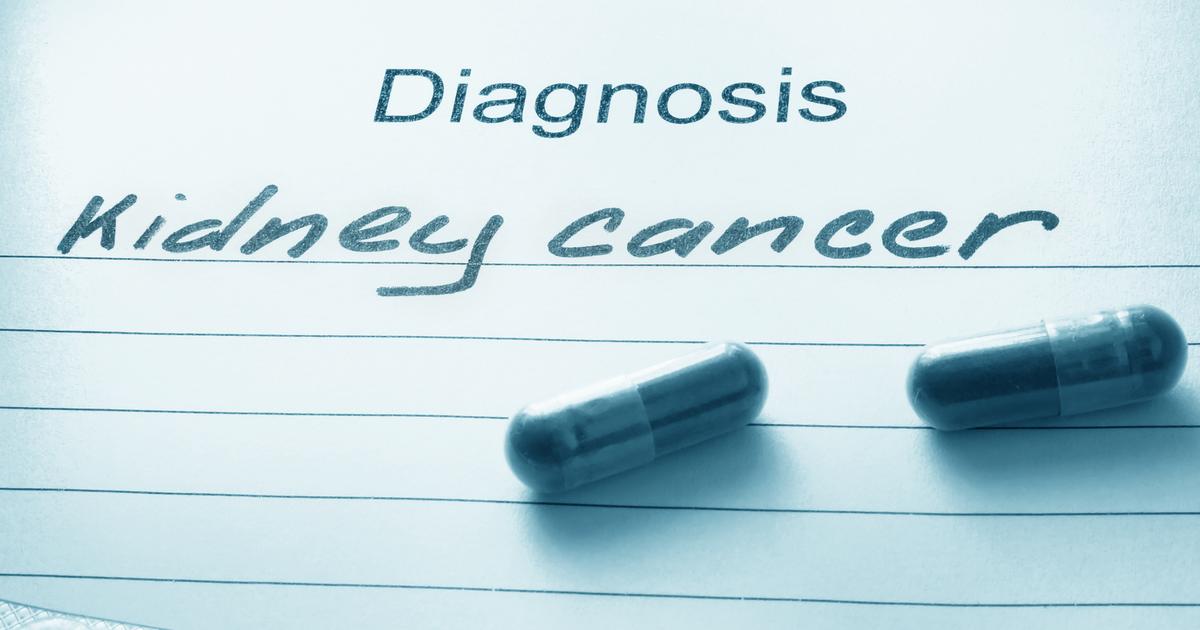Guide To The Types Of Kidney Disease
Kidney Cancer

Kidney cancer, of course, is a type of cancer that forms in an individual's kidneys. Renal cell carcinoma is the most common form found in adults. However, there are less common types of kidney cancer, such as urothelial carcinoma and kidney sarcoma. Children often experience a type of kidney cancer known as Wilms' tumor. The good news is that kidney cancer is often caught early. Experts believe that this may be due to computerized tomography scans occurring more often, resulting in kidney cancer being discovered accidentally.
Symptoms of kidney cancer include fever, unexplained weight loss, blood in urine, appetite loss, back or side pain, and tiredness. The causes of kidney cancer are not clear, but risk factors include smoking, older age, high blood pressure, kidney failure treatment, and a family history of kidney cancer. Treatment for kidney cancer includes the surgical removal of the affected kidney, removing the tumor from the kidney, immunotherapy, and cryoablation.
Learn about more kidney conditions now.
Pyelonephritis

Pyelonephritis is a severe kidney infection. Acute cases happen suddenly, cause the kidneys to swell, and often result in permanent kidney damage. Unfortunately, pyelonephritis is often life-threatening. Repeated or persistent cases are considered chronic pyelonephritis, though they are rare. However, chronic cases are more common in individuals with urinary obstructions. Children are also at a higher risk of the chronic form. Risk factors for acute pyelonephritis include kidney stones, the presence of other kidney conditions, an enlarged prostate, use of catheters, certain medications, and urinary tract surgery.
Symptoms of this condition include fever, back pain, side pain, abdominal pain, cloudy urine, blood in urine, painful urination, frequent urination, and a foul odor to urine. Patients often receive antibiotics for this condition. However, hospitalization may be necessary, and surgery is often recommended for repeated infections. Surgery may include removing part of the kidney, removing obstructions, correcting a structural issue, or draining an abscess.
Reveal more kidney conditions now.
